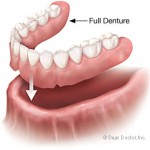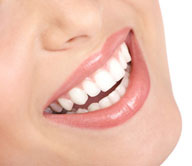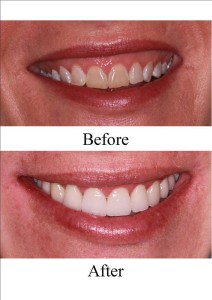 In 1987 President Ronald Reagan declared March to be Intellectual and Developmental Disabilities Awareness month. Since then, many efforts have been made to dissolve stereotypes and stigmas surrounding the people with intellectual and developmental disabilities. Oral care is important for everyone and there shouldn’t be any compromises made for anyone based upon a ‘disability’ of any kind. We here at Morris Park Dental Associates in the Bronx salute President Reagan in the Bronx, the caretakers and the community. (718) DR.SMILE (718-377-6453) or schedule a dental appointment online today and get the best dental care you can get in the Bronx.
In 1987 President Ronald Reagan declared March to be Intellectual and Developmental Disabilities Awareness month. Since then, many efforts have been made to dissolve stereotypes and stigmas surrounding the people with intellectual and developmental disabilities. Oral care is important for everyone and there shouldn’t be any compromises made for anyone based upon a ‘disability’ of any kind. We here at Morris Park Dental Associates in the Bronx salute President Reagan in the Bronx, the caretakers and the community. (718) DR.SMILE (718-377-6453) or schedule a dental appointment online today and get the best dental care you can get in the Bronx.
Developmental Disabilities and Dental Care
Some common developmental disabilities include: cerebral palsy, autism, Down syndrome, 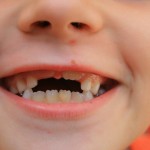 intellectual disability, fragile X syndrome, attention deficit hyperactive disorder, and fetal alcohol spectrum disorder. Sometimes these disabilities are apparent during childhood and/or adolescence. Parents or guardians may notice that their children are not progressing as the average child does, and/or is not reaching developmental milestones as they should. These milestones can include those like a baby rolling over by month 7, children talking by the age of one, and walking around that same time. These disorders affect one for a lifetime. They affect the mind, the body, and the skills people use in everyday life such as: problem solving, speech, and motor function. People afflicted with developmental disabilities will most likely need extra assistance to achieve and keep up a state of well-being and adequate health, and oral health is no exception.
intellectual disability, fragile X syndrome, attention deficit hyperactive disorder, and fetal alcohol spectrum disorder. Sometimes these disabilities are apparent during childhood and/or adolescence. Parents or guardians may notice that their children are not progressing as the average child does, and/or is not reaching developmental milestones as they should. These milestones can include those like a baby rolling over by month 7, children talking by the age of one, and walking around that same time. These disorders affect one for a lifetime. They affect the mind, the body, and the skills people use in everyday life such as: problem solving, speech, and motor function. People afflicted with developmental disabilities will most likely need extra assistance to achieve and keep up a state of well-being and adequate health, and oral health is no exception.
A movement toward deinstitutionalization and eradication of social stigma associated with mental, intellectual and developmental disorders has merged people together regardless of age or type of disability. About 80 percent of those with developmental disabilities live in a supervised group or at home with their relatives. They now look to oral care practitioners to assist them in proper oral hygiene.
As with anything, it is best to have an oral care practitioner and a team that is well informed. People who don’t perform in ways that others would, often need a special approach to dental care. Whether the disability is mild to moderate, most all procedures can be performed with the appropriate adaptations made by the practitioner.
What can you do as a Caregiver?
As the parent or caregiver of a person with intellectual or developmental disabilities it would be wise to contact our Bronx dental office beforehand. Let us know what is going on and how we can help as well. With a well-informed dental team and staff, everything will go smoothly! Preparedness is the most important factor in the oral care of a person that requires special adaptations for their health.
In your home, however, the first thing and most basic thing you can do is help your child pick out the right toothbrush. Soft bristles are recommended, along with the appropriate size based on the child’s mouth. Brushing might be uncomfortable initially, so get the accustomed to the sensation by touching the brush to their lips and the insides of their cheeks.
Show them how you brush your teeth, take extra care, and teach them to “open wide” with demonstration. The Autism Speaks Dental Guide advises the guardian of a child with autism to stand behind their child with their [the child] head on their [the guardian” chest, apply a small amount of toothpaste to the bristles of the toothbrush, and brush as if they were brushing their own teeth. They also list these steps in brushing:
- Brush the outside, inside, and tops of the bottom back teeth on one side of the mouth five times.
- Move up and brush the inside, outside and chewing surfaces of the top teeth five times.
- Brush the bottom front teeth outside and inside five times.
- Move to the opposite side and brush the bottom teeth outside and inside five times.
- Brush the top front teeth inside, outside, and chewing surfaces five times.
- Brush the opposite top back teeth inside, outside, and chewing surfaces five times.
And remember, if your child wants to try and do it themselves, (supervise, but) let them!
Call our Morris Park Dentist office and request a dental appointment and consultation for all of your special dentistry needs. From cosmetic dentistry to dental implants and dentures, we can help you! Call (718) DR.SMILE (718-377-6453) today to find out more about Special Needs Dentistry In The Bronx.
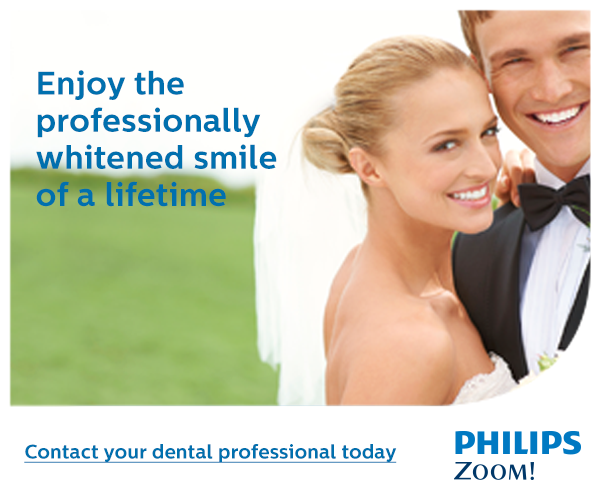
 Professional teeth whitening is done in a dental office under the care of a qualified oral care practitioner. This method is the fastest way to brighten your teeth up to ten shades lighter in as little as an hour! The agents used in teeth whitening are considerably stronger than that of in-home teeth whitening strip, but with this method, your gums and the rest of your mouth are much more protected. The best systems for whitening teeth include a buffer in the gel that protects the tooth enamel from damage.
Professional teeth whitening is done in a dental office under the care of a qualified oral care practitioner. This method is the fastest way to brighten your teeth up to ten shades lighter in as little as an hour! The agents used in teeth whitening are considerably stronger than that of in-home teeth whitening strip, but with this method, your gums and the rest of your mouth are much more protected. The best systems for whitening teeth include a buffer in the gel that protects the tooth enamel from damage.



